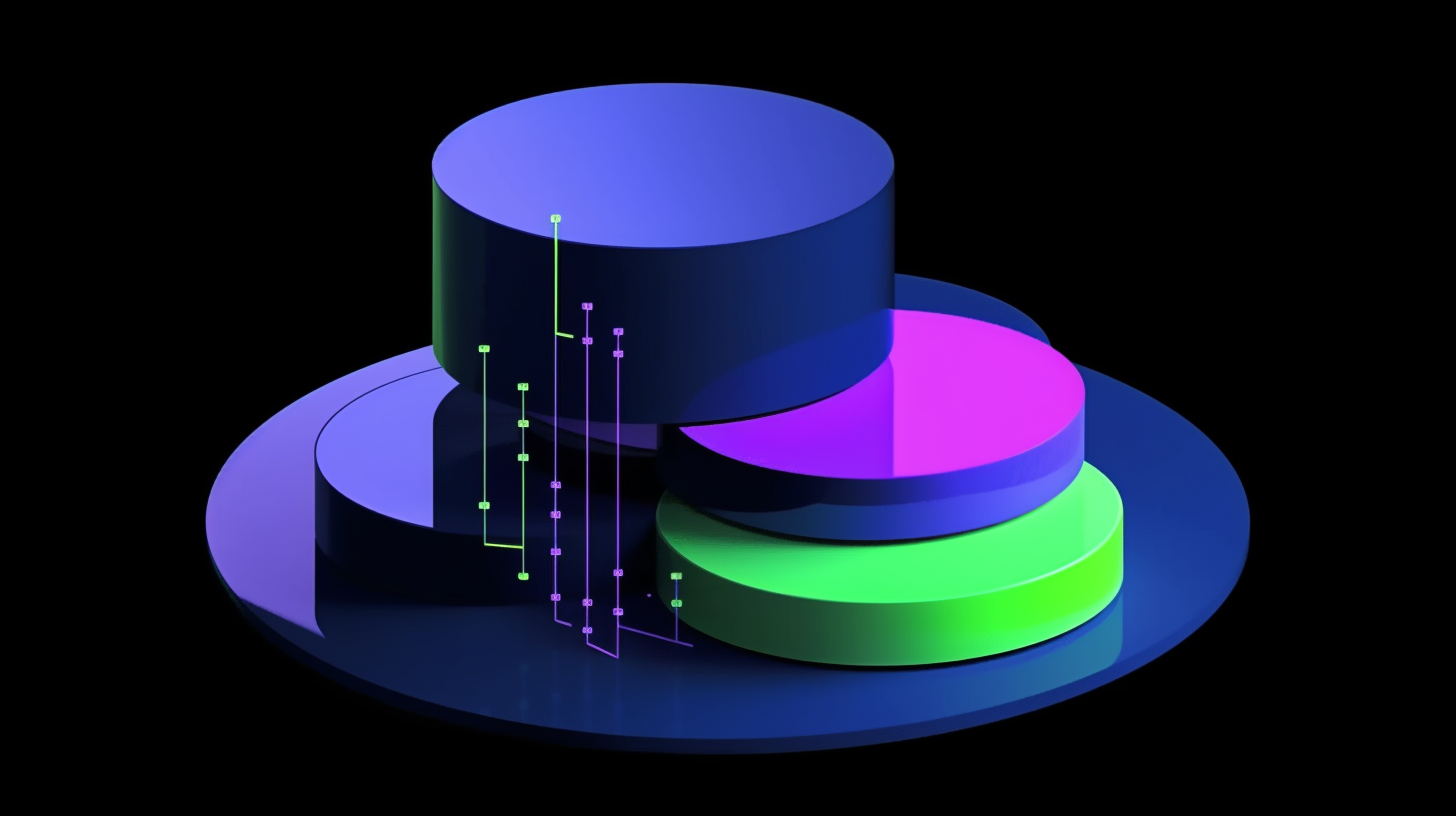
Take our Data Modeling for Beginners course and learn the fundamentals of relational and non-relational data models and the basics of Big Data.
Here's a deal for you
What's inside
Syllabus
In this lesson, you will learn the basic difference between relational and non-relational databases, and how each type of database fits the diverse needs of data consumers.
Read more
Syllabus
Good to know
Save this course
Activities
Compile a list of data modeling resources
Show steps
Enhance your learning by gathering and organizing a comprehensive collection of data modeling resources.
Browse courses on
Data Modeling Tools
Show steps
-
Search for online resources, articles, and tutorials on data modeling.
-
Evaluate and select relevant resources.
-
Organize the resources into categories such as tools, techniques, and best practices.
-
Share your compilation with other students or professionals.
Review logical data modeling
Show steps
Brush up on the principles of logical data modeling to strengthen your foundation for this course.
Browse courses on
Data Modeling
Show steps
-
Revisit the concepts of entities, attributes, and relationships.
-
Practice creating entity-relationship diagrams.
Practice data normalization
Show steps
Engage in exercises to master the techniques of data normalization, improving your understanding of relational data models.
Browse courses on
Data Normalization
Show steps
-
Identify and eliminate data redundancy.
-
Apply normalization rules to sample datasets.
-
Experiment with different normalization levels.
One other activity
Expand to see all activities and additional details
Show all four activities
Explore big data analytics techniques
Show steps
Expand your knowledge of big data by exploring various analytics techniques and their applications.
Browse courses on
Big Data Analytics
Show steps
-
Follow tutorials on machine learning algorithms for big data.
-
Experiment with data visualization tools for big data.
-
Analyze real-world datasets using big data analytics techniques.
Compile a list of data modeling resources
Show steps
Enhance your learning by gathering and organizing a comprehensive collection of data modeling resources.
Browse courses on
Data Modeling Tools
Show steps
- Search for online resources, articles, and tutorials on data modeling.
- Evaluate and select relevant resources.
- Organize the resources into categories such as tools, techniques, and best practices.
- Share your compilation with other students or professionals.
Review logical data modeling
Show steps
Brush up on the principles of logical data modeling to strengthen your foundation for this course.
Browse courses on
Data Modeling
Show steps
- Revisit the concepts of entities, attributes, and relationships.
- Practice creating entity-relationship diagrams.
Practice data normalization
Show steps
Engage in exercises to master the techniques of data normalization, improving your understanding of relational data models.
Browse courses on
Data Normalization
Show steps
- Identify and eliminate data redundancy.
- Apply normalization rules to sample datasets.
- Experiment with different normalization levels.
Explore big data analytics techniques
Show steps
Expand your knowledge of big data by exploring various analytics techniques and their applications.
Browse courses on
Big Data Analytics
Show steps
- Follow tutorials on machine learning algorithms for big data.
- Experiment with data visualization tools for big data.
- Analyze real-world datasets using big data analytics techniques.
Career center
Data Architect
Data Modeler
Database Designer
Information Architect
Data Engineer
Database Administrator
Data Analyst
Data Scientist
Software Engineer
Business Analyst
Project Manager
Operations Research Analyst
Market Researcher
Financial Analyst
Statistician
Reading list
Share
Similar courses
OpenCourser helps millions of learners each year. People visit us to learn workspace skills, ace their exams, and nurture their curiosity.
Our extensive catalog contains over 50,000 courses and twice as many books. Browse by search, by topic, or even by career interests. We'll match you to the right resources quickly.
Find this site helpful? Tell a friend about us.
We're supported by our community of learners. When you purchase or subscribe to courses and programs or purchase books, we may earn a commission from our partners.
Your purchases help us maintain our catalog and keep our servers humming without ads.
Thank you for supporting OpenCourser.


